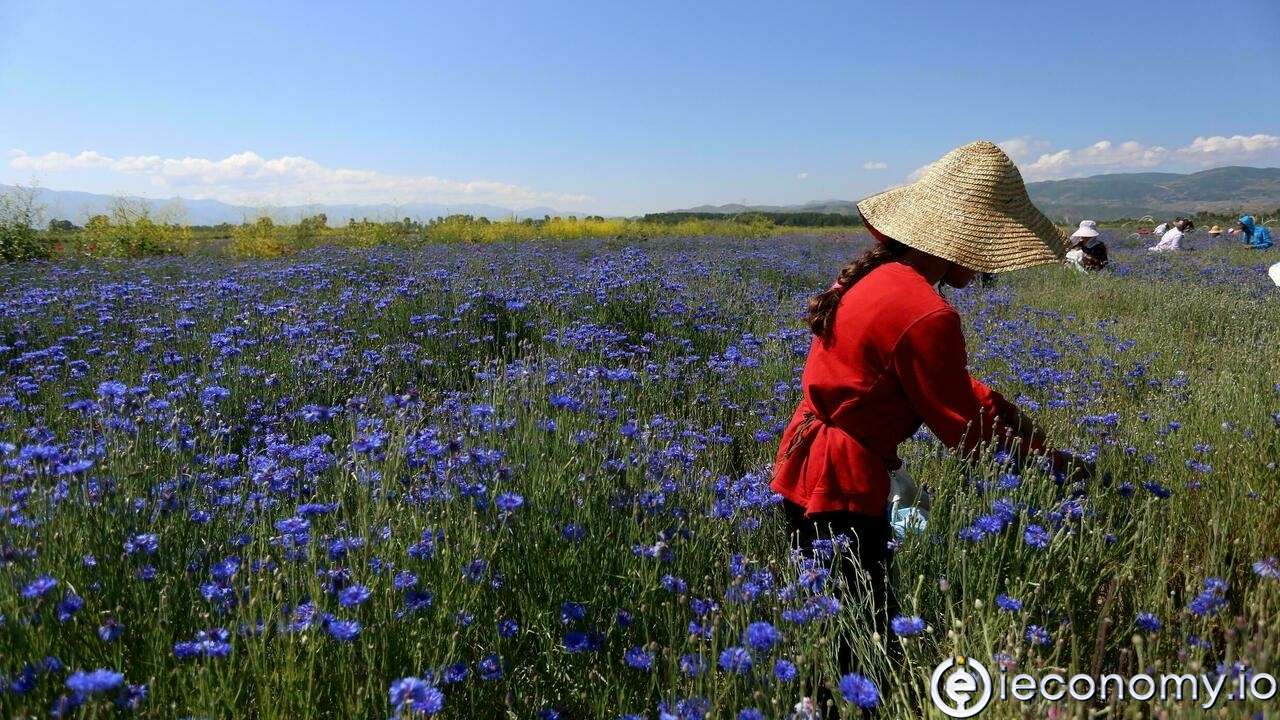2960
0
Albania is making money from trade wars and pandemics
Albania is making money from trade wars and pandemics, benefiting from the demand for herbs. Demands rose even more during the pandemic.

Yazar: Tom Roberts
Yayınlanma: 11 Temmuz 2021 22:50
Güncellenme: 4 Şubat 2026 23:02
Albania is making money from trade wars and pandemics
Albania is making money from trade wars and pandemics, benefiting from the demand for herbs. Sage, lavender, and other herbs are not only medicinal, but at a time when the world is struggling with the new coronavirus pandemic, they have also brought unexpected income to the people of the Albanian mountains. The demand for medicinal herbs overseas has risen sharply. At the foot of the Mali and Thate mountains in southern Albania, a season of field fever, a plant traditionally prized for its ability to increase metabolism and resistance to infections, is underway. Early in the morning, before the heat, dozens of women hand-pick blue flowers, which also attract bees and butterflies. Before being sent abroad, they are dried in dark rooms to preserve their color. In recent years, Albania has become one of the leading European producers of medicinal herbs, especially wild herbs, harvested in the foothills. About 95% of them are exported to the United States, Australia, New Zealand, France, Germany or Italy. Demand for herbs was rising even before the pandemic. Covid-19 has further increased interest in medicinal plants, especially those thought to boost the immune system. According to official figures, in 2020, Albania exported more than 14,000 tonnes of medicinal and aromatic herbs worth € 50 million. This was 15% more than in the previous year. This trend continues, in the first quarter of 2021 the export of medicinal and aromatic plants increased by 20%. This boom is an unexpected benefit for one of the poorest countries in Europe, with a population of 2.8 million, which depends heavily on tourism, the sector most affected by the pandemic. Stinging nettle, wild apples, primroses and other medicinal plants provide livelihoods for about 100,000 Albanians, who have long used them in traditional medicines. "It's a race against time. We have to be fast," says Altin Xhaja, owner of Albrut.İLGİLİ HABERLER





European stocks soared and focus shifted to German retail sales after Powell's speech!

Forex Signal For TRY/USD: Inflation Slowdown in November.

Forex Signal For GBP/USD: Bullish Trend Still Not Breaking While Recovery Continues.

Forex Signal For EUR/USD: Starry US Data Points to Higher Fed Increases.

Forex Signal For BTC/USD: Downside Continues as Bitcoin Recovery Moves Less.
En Popüler Haberler
Yorum Yap
Yorumlar
Henüz yorum yapan yok! İlk yorumu siz yapın...